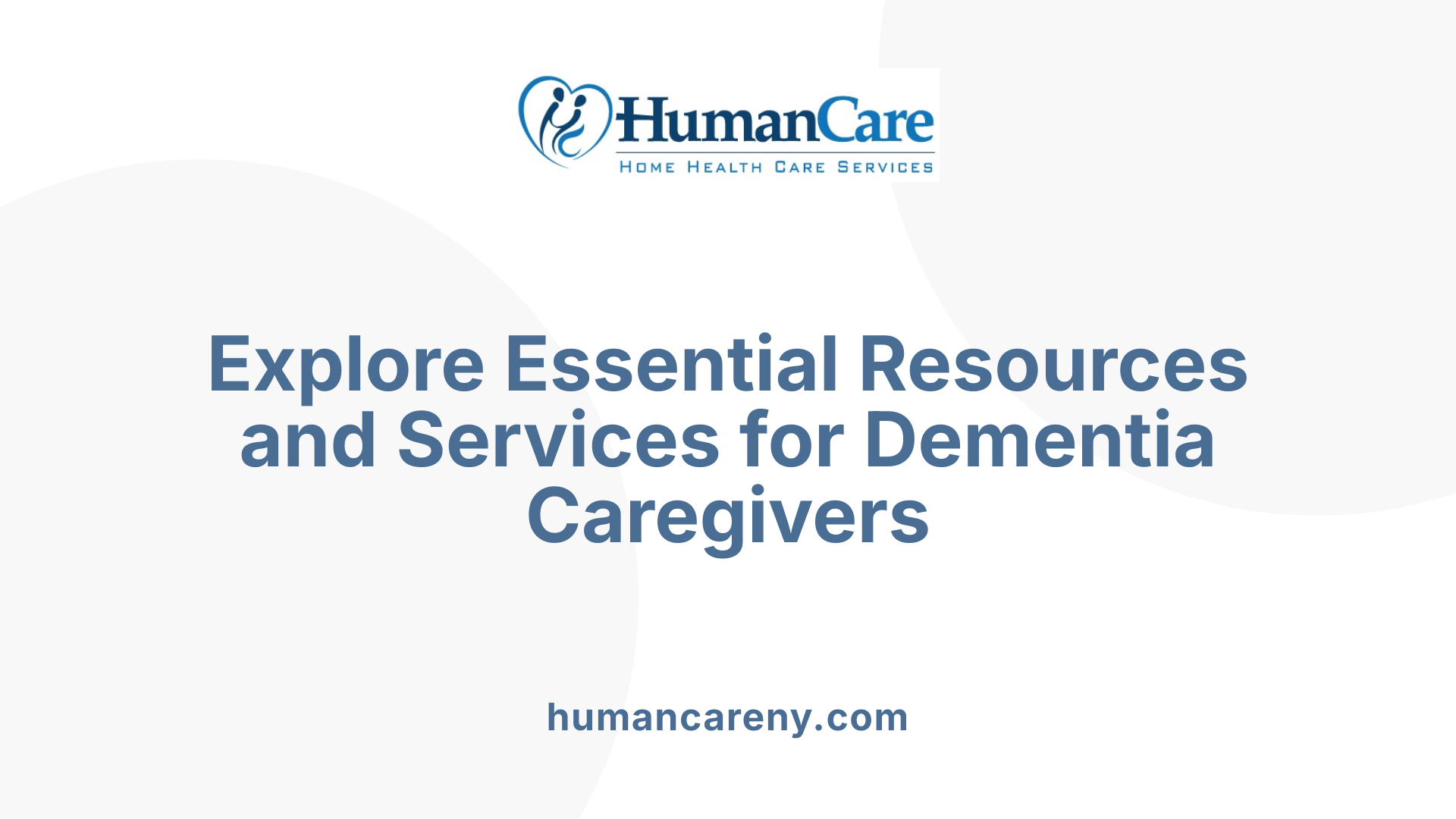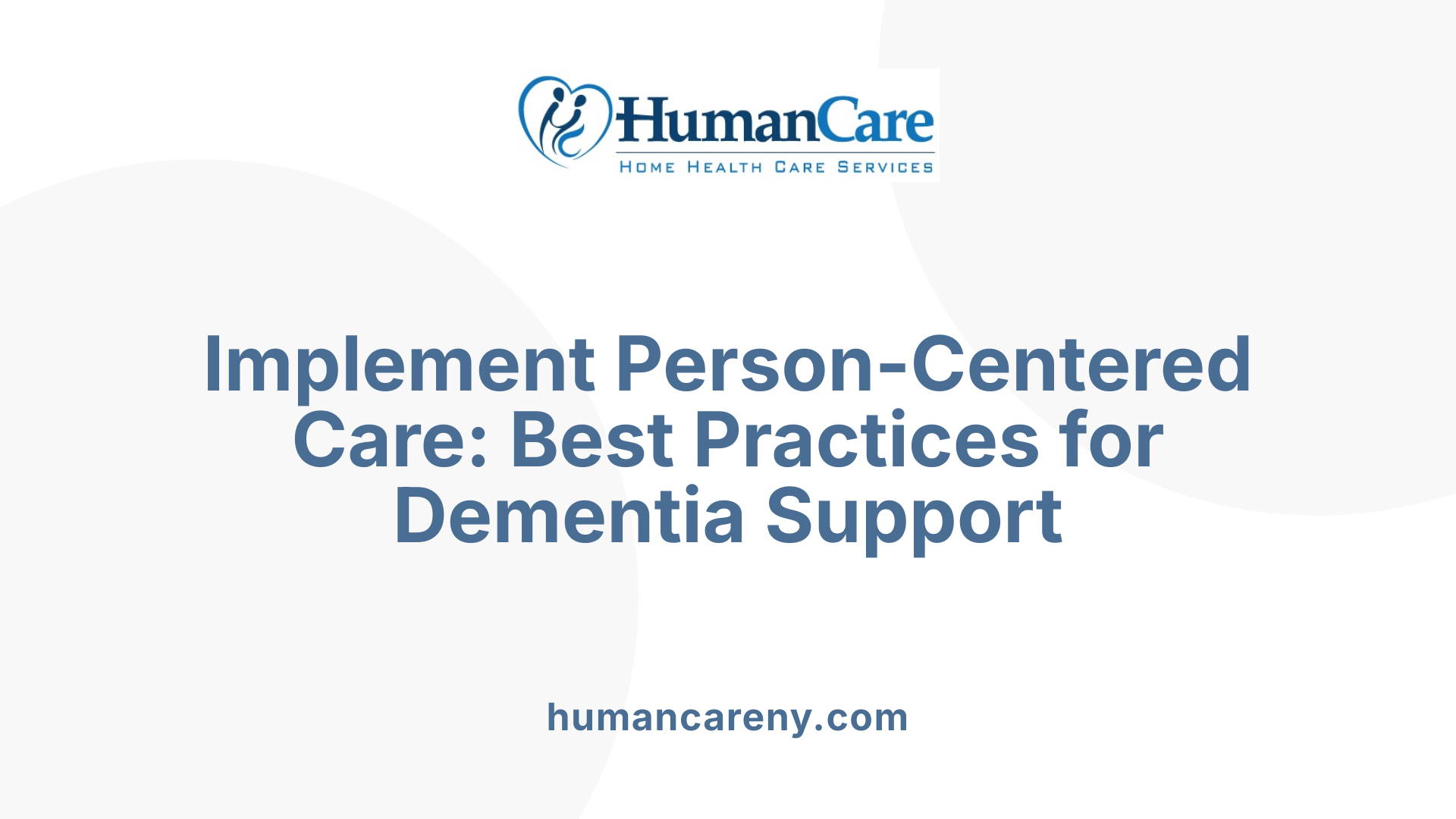Understanding How Compassionate Support Transforms Lives
As dementia progresses, individuals often face increasing challenges with memory loss, emotional stability, and safety. Companion caregivers play an essential role in supporting elderly individuals with dementia by providing a combination of emotional, social, and practical assistance designed to preserve dignity and promote well-being. This article explores how these caregivers help improve quality of life for seniors while offering peace of mind for their families.
Core Roles and Responsibilities of Companion Caregivers
 Companion caregivers are essential in supporting seniors with dementia by offering emotional reassurance and fostering meaningful social interactions. Their presence helps reduce feelings of loneliness and isolation, which are common among individuals with memory challenges. Engaging in conversations, reminiscing, playing games, or participating in activities like looking through photo albums not only stimulates cognitive function but also provides comfort and joy.
Companion caregivers are essential in supporting seniors with dementia by offering emotional reassurance and fostering meaningful social interactions. Their presence helps reduce feelings of loneliness and isolation, which are common among individuals with memory challenges. Engaging in conversations, reminiscing, playing games, or participating in activities like looking through photo albums not only stimulates cognitive function but also provides comfort and joy.
A major part of their role involves assisting with daily routines and activities. Caregivers help with personal care tasks such as grooming, bathing, and dressing, as well as household chores like light housekeeping, meal preparation, and organizing the home. They also facilitate transportation to appointments or social outings, promoting independence and community engagement.
Safety supervision is a critical responsibility. Caregivers monitor the environment for hazards, prevent wandering, and provide stability to reduce fall risks. They create predictable routines that bring structure and reassurance, helping seniors feel safe and secure. Recognizing and responding to episodes of confusion or agitation with patience and empathy is vital in maintaining stability.
When managing behaviors and communication difficulties associated with dementia, caregivers employ gentle, compassionate techniques. They use body language, facial expressions, and tone of voice to foster understanding, especially as language skills decline. Their approach helps alleviate frustration, offers reassurance, and maintains dignity.
Effective coordination with healthcare providers and family members is also part of their role. Caregivers communicate observations about changes in mood, behavior, or health status, supporting timely medical intervention and ongoing care adjustments. This teamwork ensures that the individual with dementia receives holistic, tailored support that adapts to their changing needs.
Overall, companion caregivers serve as a vital link between seniors and their world, enhancing quality of life through emotional support, safety, and practical assistance, all delivered with kindness and empathy.
Benefits of Companionship Care for Dementia Patients and Families

What benefits does companionship care offer to individuals with dementia and their families?
Companionship care provides many advantages that significantly enhance the lives of seniors with dementia and their loved ones. One of the foremost benefits is the reduction of loneliness and social isolation. Engaging through conversations, activities, and shared routines fosters emotional well-being, feelings of belonging, and happiness.
Engaging seniors in mentally stimulating activities such as reminiscing through photo albums, playing games, or listening to music supports memory and cognitive functions. These activities not only brighten daily life but may also slow cognitive decline.
For family caregivers, companion care offers essential relief. It alleviates the emotional and physical stress often associated with caregiving roles, giving families peace of mind about safety and well-being. Professional caregivers can tailor care plans that emphasize compassion, respect, and meaningful engagement.
Furthermore, companionship fosters independence and dignity by involving seniors in decisions about daily routines and activities, preserving their self-worth.
Social participation is also encouraged through outings, community activities, and interactive engagements, which contribute to an improved quality of life. Living arrangements that include companion care, such as specialized suites, provide a supportive environment where seniors can socialize and maintain routines.
In summary, companionship care supports emotional balance, cognitive health, safety, independence, and social connection, creating a more fulfilling and less isolating experience for seniors suffering from dementia and easing the concerns of their families.
More Information Search Query: Benefits of companionship care for elderly with dementia
Word Count: approximately 200 words
Methods and Strategies Used by Companion Caregivers
 Companion caregivers employ a range of effective strategies to support seniors with dementia, prioritizing a respectful, person-centered approach. One primary method involves maintaining consistent routines and creating a structured daily schedule. This predictability helps seniors feel secure and reduces anxiety, especially when changes are introduced gradually.
Companion caregivers employ a range of effective strategies to support seniors with dementia, prioritizing a respectful, person-centered approach. One primary method involves maintaining consistent routines and creating a structured daily schedule. This predictability helps seniors feel secure and reduces anxiety, especially when changes are introduced gradually.
Using clear and simple communication is vital. Caregivers rely on straightforward language, body language, facial expressions, and tone to facilitate understanding. They often incorporate visual cues and distraction techniques to support memory and ease communication challenges.
Engagement in meaningful activities plays a central role. Caregivers encourage participation in activities such as listening to music, gardening, baking, or playing games. These activities stimulate cognitive function, evoke positive emotions, and reinforce a sense of purpose.
Safety management is another key focus. Caregivers modify the living environment to eliminate hazards and guide seniors safely through day-to-day routines. They monitor for risks like wandering and provide gentle supervision and reassurance during episodes of confusion or agitation.
Providing emotional support is fundamental. Caregivers offer reassurance, listen patiently, and share stories or reminiscence to connect and comfort. They also support communication with visual aids or distractions that can help reduce distress.
Planning ahead is essential. Caregivers assist families in managing medical appointments, legal arrangements, and financial decisions, ensuring all aspects of health and wellbeing are addressed proactively.
Overall, these strategies foster independence, dignity, and emotional well-being, helping seniors with dementia maintain a good quality of life through compassionate and tailored care.
Types of Support Provided by Companion Caregivers
What types of support do companion caregivers typically provide for individuals with dementia?
Companion caregivers deliver a range of services aimed at enhancing the quality of life for seniors living with dementia. Emotional reassurance and companionship are core elements, with caregivers engaging in meaningful conversations, sharing stories, and offering gentle reassurance during episodes of confusion or frustration. Their presence helps reduce feelings of loneliness, which is crucial as social isolation can escalate health risks.
In addition to emotional support, caregivers promote social engagement and mental stimulation through activities such as games, music therapy, reminiscing, or outings. These interactions help preserve cognitive functions and foster emotional well-being.
Safety is another critical focus. Caregivers monitor seniors to minimize risks like wandering or falls. They establish routines and supervise activities to provide structure and predictability, fostering a sense of security.
Assistance with daily activities, or activities of daily living (ADLs), is common. This includes help with meal preparation, personal hygiene, grooming, light housekeeping, and medication reminders, aiding in maintaining independence.
Transportation support allows seniors to attend medical appointments and social outings, ensuring they stay connected with community resources and loved ones.
Caregivers also serve educational roles. They provide guidance about disease progression, discuss care strategies, and support families in understanding treatment options. This includes helping caregivers and seniors learn about managing symptoms and planning for future care needs.
Monitoring changes in health or behavior is vital. Caregivers observe for signs of illness, mood shifts, or other concerns, alerting families or medical professionals when necessary.
Overall, companion caregivers create a supportive environment that nurtures emotional health, safety, and independence, fostering a sense of dignity and purpose for those with dementia.
Resources and Guidelines for Effective Dementia Care

What resources and services are available to assist caregivers of people with dementia?
Caring for someone with dementia presents numerous challenges, but caregivers have access to a wealth of resources designed to support their efforts. Reliable information is crucial, and government websites like the National Institute on Aging (NIA) and the National Institute of Neurological Disorders and Stroke (NINDS) provide expert-reviewed educational materials and caregiving tips.
Community-based programs and national organizations also offer valuable assistance. The Eldercare Locator and LongTermCare.gov are useful online tools for finding local services, including adult day centers and respite care providers that offer temporary relief for family caregivers.
Support groups, both in-person and virtual, connect caregivers with others who understand their experiences, reducing feelings of isolation. Many organizations, such as the Alzheimer's Association and the Family Caregiver Alliance, host online training webinars and resource libraries to improve caregiving skills.
Specialized programs like the VA Caregiver Support Program provide tailored assistance for veteran families, and regional Alzheimer’s assistance centers offer crisis management and personalized support.
For urgent needs, 24/7 helplines staffed by trained professionals specializing in dementia can offer immediate guidance. Additionally, legal and financial planning tools are available to help caregivers prepare for future care decisions.
Overall, these resources promote the well-being of caregivers and ensure they have the necessary support to provide compassionate, safe, and effective care for loved ones with dementia.
| Resource Type | Services Offered | Access Points and Additional Notes |
|---|---|---|
| Educational Materials | Caregiving tips, legal and financial planning | Government websites, nonprofit organizations |
| Support Groups | Emotional support, shared experiences | Local centers, online platforms |
| Respite Care | Temporary relief from caregiving duties | Adult day centers, home respite programs |
| Community Resources | Home health services, transportation | Eldercare Locator, regional agencies |
| Emergency Support | 24/7 helplines, crisis intervention | National and local helplines |
| Training Programs | Skills development, disease education | Alzheimer's Association, online courses |
Using these comprehensive supports helps reduce caregiver stress, improves care quality, and enhances the safety and dignity of seniors living with dementia.
Guidelines and Best Practices for Dementia Care

What are best practices and guidelines for effective dementia care by companion caregivers?
Providing quality care for seniors with dementia requires embracing a person-centered approach. This means recognizing each individual’s unique history, preferences, and needs to tailor care activities and interactions.
Establishing routines is fundamental. Consistent daily schedules promote a sense of security, reduce confusion, and help manage behaviors such as agitation or wandering. Caregivers should introduce changes gradually and observe how the individual responds.
Creating a safe environment is equally important. Caregivers should monitor for safety risks, like fall hazards or wandering tendencies, and implement simple modifications to reduce these risks.
Effective communication is vital. Using clear, simple language, nonverbal cues like body language and facial expressions, and a calm tone can significantly improve understanding and reduce frustration.
Reminiscence therapy, reassurance, and redirection techniques are useful tools to manage challenging behaviors. For instance, engaging seniors in familiar activities like looking through photo albums or listening to favorite music can evoke positive emotions and cognitive engagement.
Supporting independence and dignity involves involving seniors in decisions about their care, activities, and routines. This empowerment fosters self-worth and respects their autonomy.
Caregivers should also be attentive to behavioral triggers, such as overstimulation or fatigue, and adjust activities accordingly.
Physical safety must remain a priority. Regular monitoring, supervising unsafe areas, and guiding seniors safely through their environment help prevent accidents.
Caregiver well-being is essential for consistent, compassionate support. Seeking training, support groups, and resources enhances caregiving skills and prevents burnout.
Staying informed about the latest research and guidelines ensures caregivers provide evidence-based, effective support. This ongoing education promotes better outcomes and enhances the dignity and quality of life for seniors with dementia.
Supporting Caregivers for Better Outcomes
Supporting caregivers through education, community resources, and ongoing training enhances the overall quality of dementia care. By adopting evidence-based practices and compassionate approaches, companion caregivers can significantly improve the lives of seniors with dementia while providing peace of mind to their families. Recognizing the importance of emotional connection, safety, and dignity fosters a supportive environment that benefits everyone involved.
References
- Introducing Companion Care at Home to a Senior with Dementia
- The Power of Companionship: Supporting Seniors with Alzheimer's ...
- Caregiving - Alzheimer's & Dementia
- How Can Companion Care Transform The Lives Of Seniors With ...
- Finding Dementia Care and Local Services - Alzheimers.gov
- Companion Care for Elderly with Dementia: Support & Dignity
- Trusted Companionship for Seniors - Village Caregiving
- Becoming a Companion for the Elderly: Essential Tips and ...
- Role of Companion Care in Dementia Treatment in Lorton, VA



